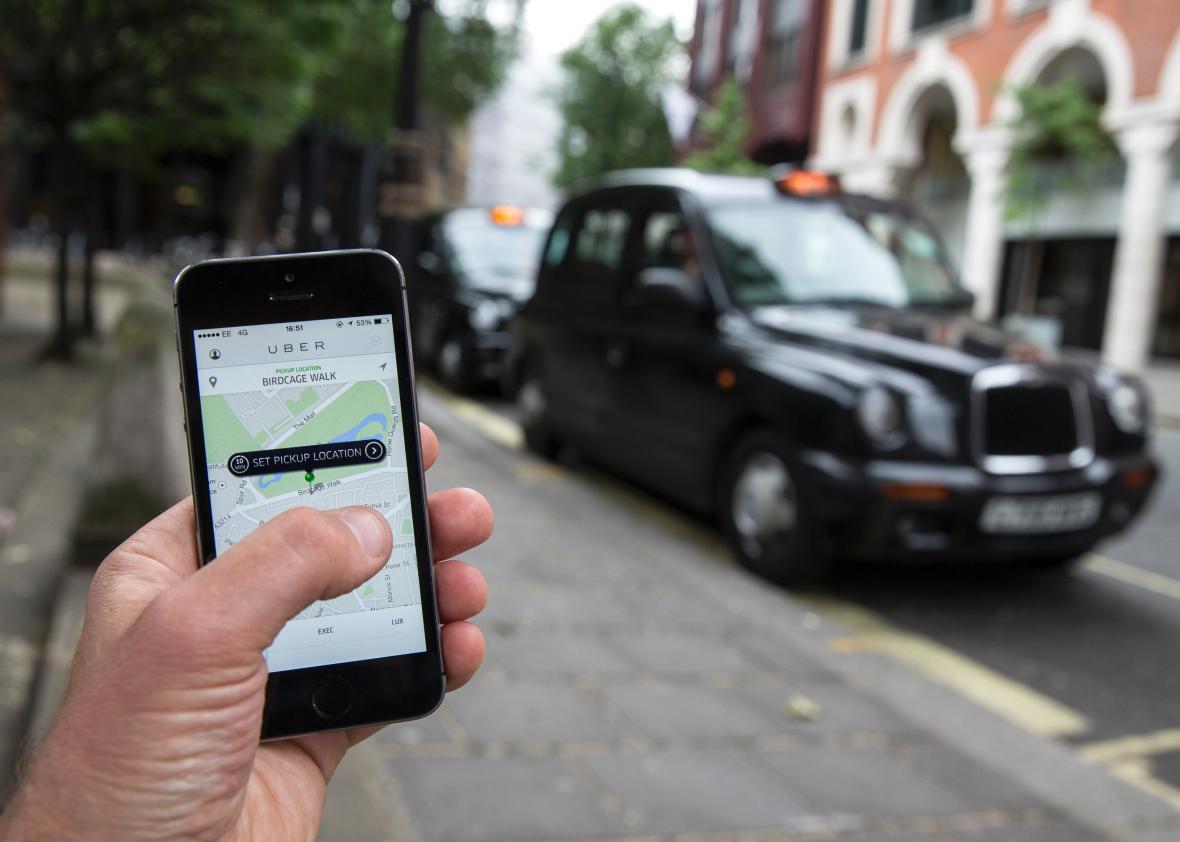Earlier this month, Uber suffered a major legal blow when a federal judge granted class-action status to Uber drivers suing the company. The case involves a few issues, but the biggest is whether Uber drivers are independent contractors (as Uber says) or actually employees. This might sound like a dry legal distinction, but it’s really very important. Employees are entitled to all sorts of benefits and protections that contractors aren’t. If Uber were forced to reclassify its substantial workforce, that would be a massive headache, not to mention extremely expensive.
So it should come as no surprise that Uber is attempting to get that class certification overturned. On Tuesday, the company filed a 68-page request with the 9th U.S. Circuit Court of Appeals to appeal the federal judge’s decision. Previously, Uber’s big gripe with class certification was that there is “no typical Uber driver.” The plaintiffs in the case, Uber argued, “based their motion on a facially implausible theory that each and every one of these individuals had an identical relationship with Uber and [had] been misclassified as an independent contractor.” To back this up, Uber gathered statements from 400 drivers in California about how they preferred working as contractors. (It casually omitted that those 400 represented just 0.25 percent of drivers in the state.) Uber also contended that most drivers had unique work setups and motivations, and therefore it was unfair to lump them all together in a class.
As forcefully as Uber put forth all of this, there were a bunch of holes in its “no typical driver” argument. (Among them: Uber’s apparent impression that for something to be “typical” it also needs to be true 100 percent of the time, which at least as far as the English language is concerned isn’t the case.) To make a long story short, the judge in the suit, Edward Chen, didn’t buy it. And perhaps Uber suspects the 9th Circuit might not either, because the company is taking a slightly different approach with its appeal. Yes, the “no typical driver” complaint is still there, but it now takes the back seat to two other arguments.
The first is that this lawsuit presents “novel, unsettled, and fundamentally important questions regarding class-action claims in the new and unique context of the sharing economy,” of which the “potential ramifications of this closely-watched class-certification are difficult to overstate,” and so that considering the “staggering potential consequences” a single jury really isn’t qualified to handle it at all. The second, that because 2013 arbitration agreements signed by some drivers could end up excluding them from the class, it doesn’t make sense to have a class at all.
To the second point: OK, I guess. Uber is essentially saying that since the plaintiffs didn’t sign an arbitration agreement but a bunch of potential class members did, they are no longer adequately representative of the class.
To the first, though: What? Last time I checked, juries and courts existed precisely to figure out how best to interpret thorny legal questions about our regulatory frameworks. That’s not to say this particular regulatory framework couldn’t use some updating, and the idea of creating a new third class of worker, like a dependent contractor, is gaining traction. But in the absence of any such modifications, which are unlikely to come quickly, tossing the issue to a jury is totally fair, “staggering potential consequences” notwithstanding.
